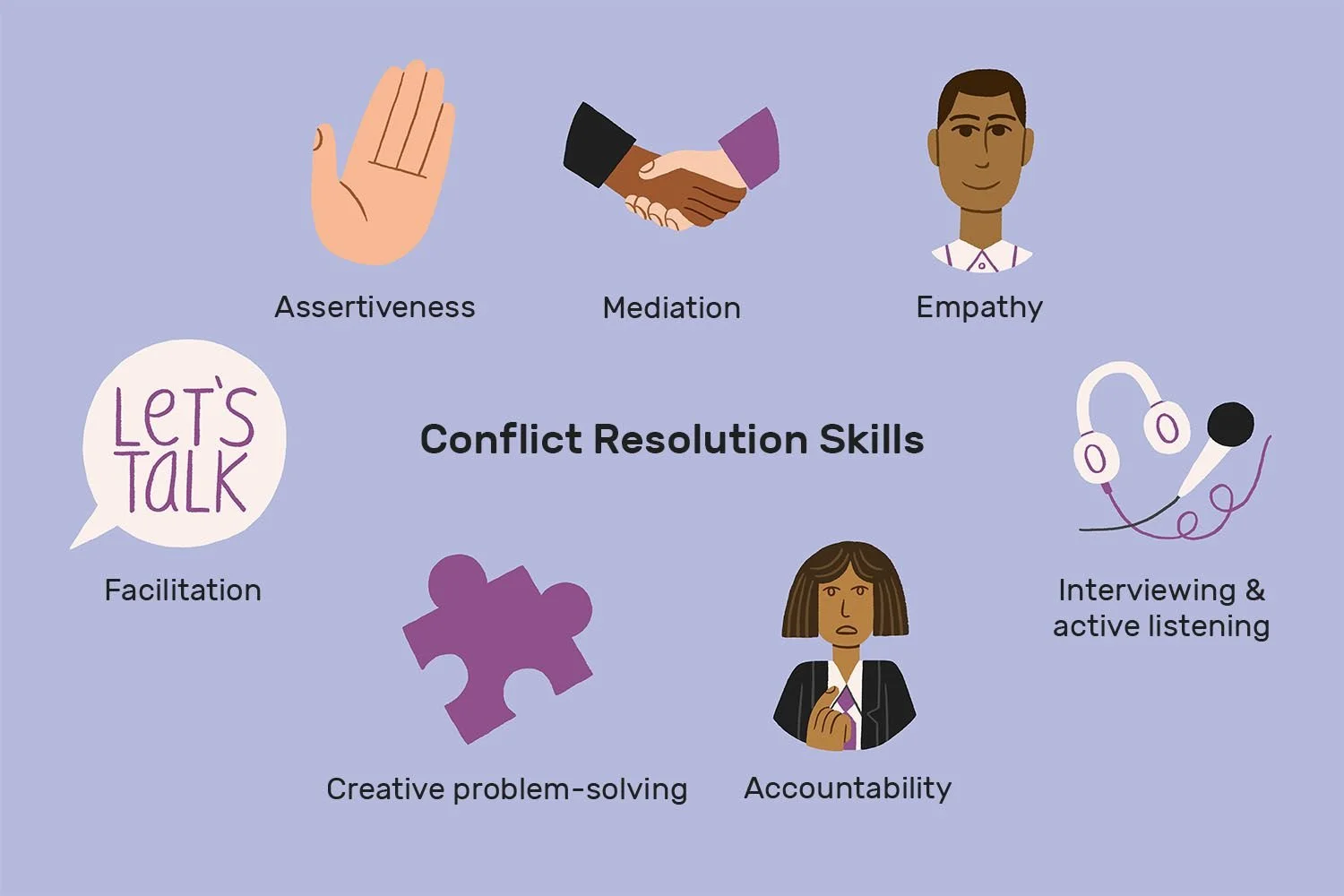The Language of Love: Effective Communication in Relationships
Effective communication is the cornerstone of any successful relationship. It forms the foundation upon which trust, understanding, and intimacy are built. Just like any language, the language of love requires time, effort, and practice to master.
In this blog post, we will explore the importance of effective communication in relationships and provide practical tips on how to improve and strengthen your connection with your partner.
The Power of Active Listening
Listening is an essential component of effective communication. It involves not only hearing the words your partner is saying but also understanding their emotions, intentions, and concerns. Active listening requires giving your full attention, maintaining eye contact, and providing verbal and non-verbal cues that show you are engaged in the conversation. Avoid interrupting or formulating responses in your mind while your partner is speaking. Instead, focus on understanding their perspective and validating their feelings.
Open and Honest Expression
Expressing oneself openly and honestly is crucial for effective communication in relationships. It is important to create a safe and non-judgmental environment where both partners feel comfortable sharing their thoughts and emotions. Practice using "I" statements to express your feelings and needs, rather than resorting to blaming or accusatory language. This approach helps to avoid defensiveness and encourages constructive dialogue.
Non-Verbal Communication
Communication is not solely about words; non-verbal cues also play a significant role. Pay attention to your body language, facial expressions, and tone of voice, as they can either reinforce or contradict your verbal messages. Non-verbal communication should align with your words to convey sincerity and authenticity. For example, a warm smile, a gentle touch, or a reassuring hug can communicate love and support more effectively than words alone.
Empathy and Understanding
Empathy is the ability to understand and share the feelings of your partner. It involves putting yourself in their shoes, suspending judgment, and genuinely trying to comprehend their perspective. Show empathy by acknowledging their emotions, validating their experiences, and offering support. Remember, empathy is not about agreeing with everything your partner says or feels but about showing compassion and creating a space for open dialogue.
Timing and Patience
Timing and patience are essential elements of effective communication. Choose an appropriate time and place for important conversations, ensuring that both partners are emotionally available and receptive. Avoid discussing sensitive topics when one or both of you are tired, stressed, or distracted. Patience is also key when it comes to communication. Give your partner the time they need to express themselves fully and avoid rushing or interrupting the conversation.
Conflict Resolution
Conflict is a natural part of any relationship, but how it is managed can make a significant difference. When conflicts arise, strive for a resolution that satisfies both partners rather than seeking to win the argument. Use "I" statements to express your concerns, actively listen to your partner's perspective, and search for mutually beneficial solutions. Remember, compromise is not a sign of weakness but a testament to the strength of your relationship.
Conflict Resolution Skills
Effective communication is the backbone of a healthy and fulfilling relationship. By actively listening, expressing yourselves honestly, using non-verbal cues effectively, showing empathy and understanding, considering the timing and practicing patience, and embracing conflict resolution, you can enhance your connection with your partner and foster a loving and nurturing environment. Remember, mastering the language of love requires practice and ongoing effort, but the rewards are immeasurable.

